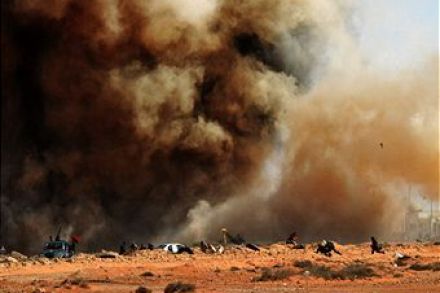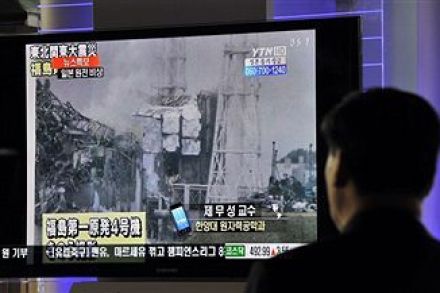War aims
A few days into the no-fly zone and the initial aim of the intervention has been achieved: Colonel Ghaddafi no longer controls his own airspace and cannot use airpower for close-air support, intimidation or murder. But success has bred a new problem – what now? Should the coalition turn itself into the airborne wing of the resistance, providing support to a rebel advance on Tripoli? Or should it just continue patrolling the skies above Libya as the rebels fight on? If so, how should the coalition react when the rebels face military set-backs? Should they stand back or prevent Libyan forces from taking advantage of their tactical victories and just












